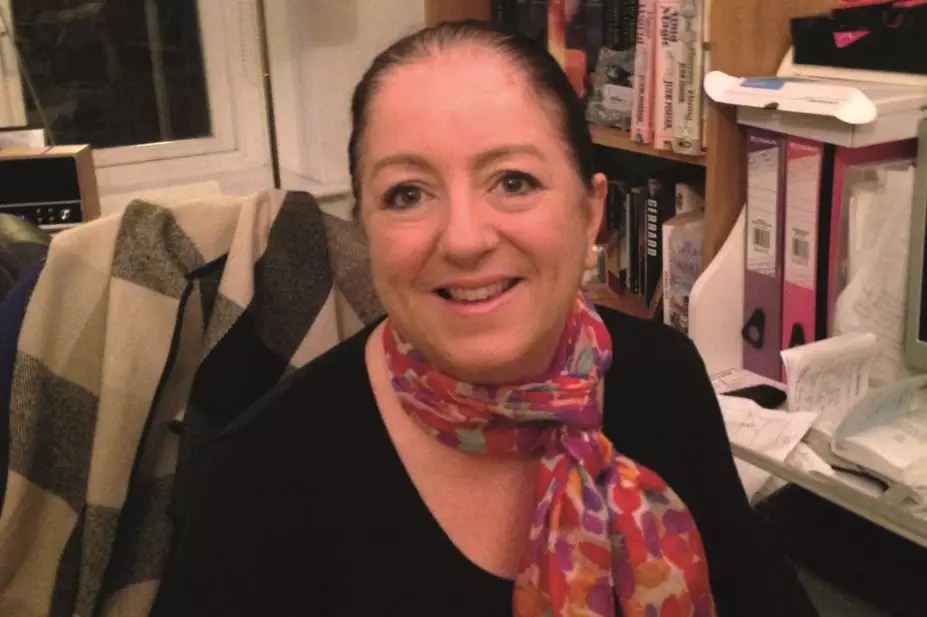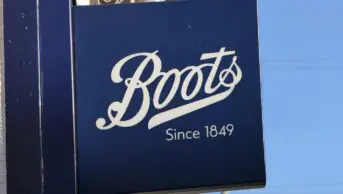
General Pharmaceutical Council
Pharmacist Helen Jackson has been an inspector for the General Pharmaceutical Council since its inception in 2010. She describes what she looks for when she enters a pharmacy and shares the errors she often sees during inspections.
What is your professional background?
I registered as a pharmacist in 1992 and spent the first ten years managing a variety of community pharmacies, including some in supermarkets and health centres. I also spent a year working in a private hospital in Melbourne, Australia. On returning to the UK, I was keen to practise in a different field and spent two years as a standards adviser at the Royal Pharmaceutical Society of Great Britain (RPSGB), as it was then, and an inspector, before moving to Yorkshire, where I worked for a primary care trust in Leeds. I then worked as a pharmacy inspector for the care home regulator, the Commission for Social Care Inspection (CSCI). I realised that I enjoyed inspection and investigation and returned to the RPSGB in 2008. I moved to the General Pharmaceutical Council (GPhC) when it was established in 2010.
What do you do in a typical working day?
One day might be spent undertaking inspections of pharmacies, which can also include evidence gathering as part of a case investigation. The next day could be spent in the office at home writing inspection or case investigation reports, answering emails and telephone calls or planning the next cycle of visits. Some weeks can also include meetings with organisations such as NHS England or pharmacy stakeholders.
What is the most rewarding aspect of your job?
I enjoy the variety that the role provides. I like having the opportunity to provide feedback to pharmacy professionals and pharmacy owners. A rewarding part of the role is seeing improvements in the safe and effective provision of pharmacy services as a result of my input, whether this is through the inspection or investigation processes. Being a field-based inspector provides me with many interesting opportunities to meet and work with people from other organisations, such as the NHS or the police. This enables me to have a better understanding of their roles and gives me a chance to provide them with a better understanding of the GPhC.
What challenges do you face in your role?
The targets and deadlines that are in place for inspections and investigations require effective time management. It is important to allow flexibility in my work plans so I can deal with unexpected requests that often need urgent attention. Although that can sometimes be frustrating, it is important for me to ensure that the quality and effective delivery of my role as an inspector is not affected. The new method of inspecting has, at times, been challenging, especially during the early stages when there was a lack of understanding among pharmacy owners and the pharmacy team about the standards for registered pharmacies and the new inspection model. This still exists but to a lesser extent.
I overcome this by providing a brief overview of how the visit will proceed at the start of the inspection. I establish what the pharmacy team understands about the standards and explain that everyone in the team will have the opportunity to speak to me.
What is the first thing you look for when you enter a pharmacy you are inspecting?
I initially notice the layout, cleanliness and general appearance of the pharmacy, in a similar way to other members of the public. I also observe how the team interacts with patients and each other because this provides me with an idea of the different roles within the team. I like to speak to as many members of the pharmacy team as I can. I find that engaging with different members of the team provides an insight into the pharmacy services offered and how the team members work together.
What are the most common mistakes you encounter when inspecting pharmacies?
A common issue is a lack of understanding and engagement with pharmacy procedures, such as those within a clinical governance framework. What you can learn from using tools, including near miss logs and dispensing incident reports, is sometimes not fully understood. Often pharmacies do not have systems in place to encourage the whole team to provide feedback and ideas on how pharmacy services can be improved. Giving everyone who helps support the delivery of pharmacy services the chance to discuss ideas encourages engagement with processes and improves the quality of service provision.
What steps could a pharmacist take to become an inspector?
The GPhC inspection team consists of pharmacists and pharmacy technicians with a range of experiences. I would encourage pharmacy professionals to access the GPhC website regularly, where they will find up-to-date information on the new inspection model, guidance documents, consultations, as well as advertised vacancies. I would also advise speaking to me or one of my inspector colleagues if the opportunity arises, such as during an inspection or at a presentation event.


